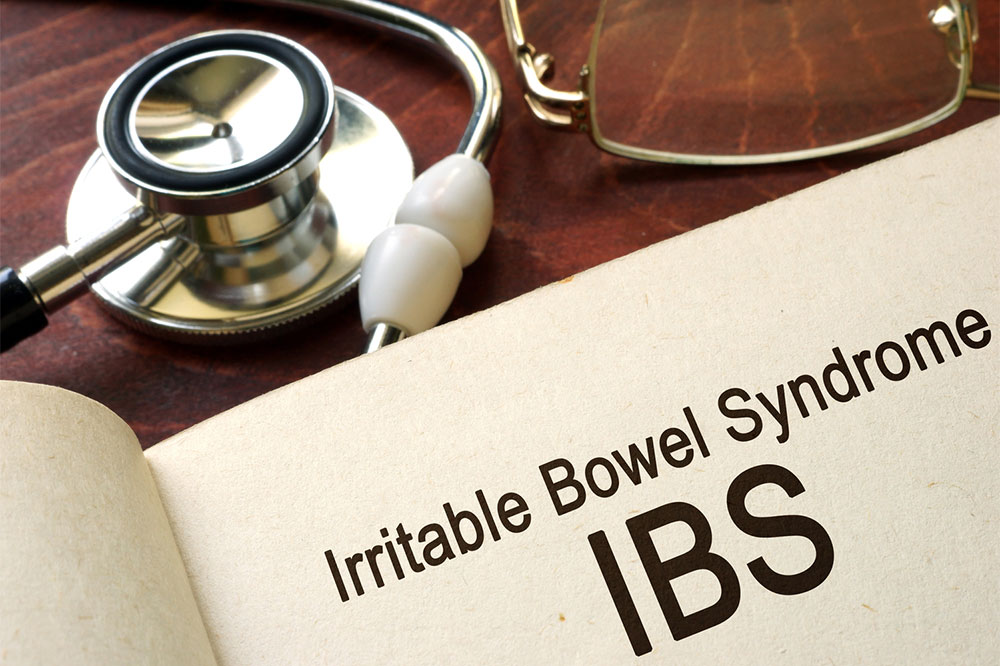Comprehensive Guide to Irritable Bowel Syndrome: Causes, Symptoms, and Effective Treatments
This comprehensive guide explores irritable bowel syndrome (IBS), focusing on its causes, symptoms, and tailored management strategies. Covering dietary adjustments, lifestyle modifications, and psychological therapies, it provides valuable insights for those affected by IBS to improve their quality of life. Always consult healthcare professionals for personalized advice and treatment options tailored to individual needs.

Comprehensive Guide to Irritable Bowel Syndrome: Causes, Symptoms, and Effective Treatments
Irritable Bowel Syndrome (IBS) is a widespread functional gastrointestinal disorder that primarily affects the large intestine, also known as the colon. Though it is not considered a life-threatening condition, IBS can significantly impair quality of life due to persistent gastrointestinal discomfort. It is estimated that roughly 30% of the global population experiences some form of IBS symptoms, with women being diagnosed more frequently than men. Understanding the intricacies of IBS — including its causes, common symptoms, and various management strategies — can help individuals better cope with this condition. However, always seek medical advice before making any significant adjustments to your diet or lifestyle based on this information.
Understanding the Symptoms of Irritable Bowel Syndrome
IBS presents a wide range of symptoms, which often fluctuate in intensity and frequency. Some people may experience mild discomfort, while others face more severe symptoms that interfere with daily activities. Recognizing the key signs of IBS is essential for prompt diagnosis and effective management. Typical symptoms include:
Persistent abdominal pain, cramping, or a feeling of bloating that often correlates with bowel movements
Alterations in stool characteristics, such as diarrhea, constipation, or alternating patterns
Changes in bowel movement frequency, like increased or decreased urgency
Presence of excessive gas, mucus in stool, and a sensation of incomplete evacuation
Other symptoms may include nausea, fatigue, and urinary disturbances
What Are the Underlying Causes of IBS?
The exact origin of IBS remains elusive, with research indicating a complex interplay of factors. The disorder is believed to stem from abnormal motility patterns and heightened sensitivity within the gastrointestinal tract. Under normal circumstances, the muscles of the intestines rhythmically contract to propel food and waste efficiently. In individuals with IBS, these muscle contractions can be irregular — either too rapid or too sluggish — resulting in diarrhea or constipation. This abnormal motility causes discomfort, cramps, and bloating.
Another significant factor involves disrupted communication pathways between the brain and the gut. The gut-brain axis, a bidirectional communication network, plays a crucial role in regulating gastrointestinal function. Imbalances or disturbances here can amplify sensitivity and trigger symptoms.
Additional contributing factors include bacterial infections, hormonal fluctuations, and dietary influences. Some individuals have an increased sensitivity to normal gut functioning, perceiving normal activity as painful or uncomfortable. Imbalances in gut microbiota (the community of bacteria residing in the intestines) are also linked to IBS symptoms. Identifying specific dietary triggers varies among individuals, but common offenders include dairy products, legumes, certain vegetables, caffeine, and processed foods.
Approaches to Managing and Treating IBS Effectively
Because IBS is a multifaceted disorder, there is no universal cure. Instead, treatment focuses on alleviating symptoms and improving quality of life through personalized management strategies. A multidisciplinary approach involving dietary alterations, lifestyle modifications, medication, and psychological interventions often yields the best outcomes.
Healthcare professionals typically recommend the following approaches:
Dietary Adjustments: Adopting a diet tailored to individual triggers can help control symptoms. Common strategies include reducing or eliminating dairy products, legumes, certain high-FODMAP foods, caffeine, and fatty or spicy foods. A low-FODMAP diet — which involves restricting fermentable oligosaccharides, disaccharides, monosaccharides, and polyols — has proven effective in many cases.
Eating Habits: Modifying eating patterns by consuming smaller, more frequent meals and practicing mindful eating can minimize gastrointestinal stress. Avoiding rushed or late-night eating also helps.
Stress Management: Psychological stress often exacerbates IBS symptoms. Techniques such as mindfulness, meditation, yoga, and breathing exercises can be effective in managing stress levels.
Behavioral and Psychological Therapies: Cognitive-behavioral therapy (CBT), hypnotherapy, and biofeedback are evidence-based interventions that help patients better cope with symptoms and improve their response to stressors.
Lifestyle Changes: Ensuring adequate sleep, regular physical activity, and minimizing alcohol or tobacco use can positively influence symptom control.
Medication: Depending on the predominant symptoms, physicians may prescribe antispasmodics, laxatives, antidiarrheal agents, or antidepressants to manage discomfort and bowel irregularities. Always consult a healthcare provider for appropriate pharmacological treatment.
When to Seek Medical Help
If you experience persistent gastrointestinal discomfort, significant weight loss, rectal bleeding, or symptoms that drastically impact your daily life, it’s crucial to see a healthcare professional. Proper diagnosis often involves ruling out other conditions such as inflammatory bowel disease or infections. With a tailored treatment plan, individuals with IBS can achieve better symptom control and enhance their overall wellbeing.
In conclusion, IBS is a common but manageable disorder. Awareness of its symptoms, triggers, and management techniques enables patients to make informed decisions and take control of their condition. Always seek medical guidance before implementing any new treatment or dietary changes to ensure safety and effectiveness.





